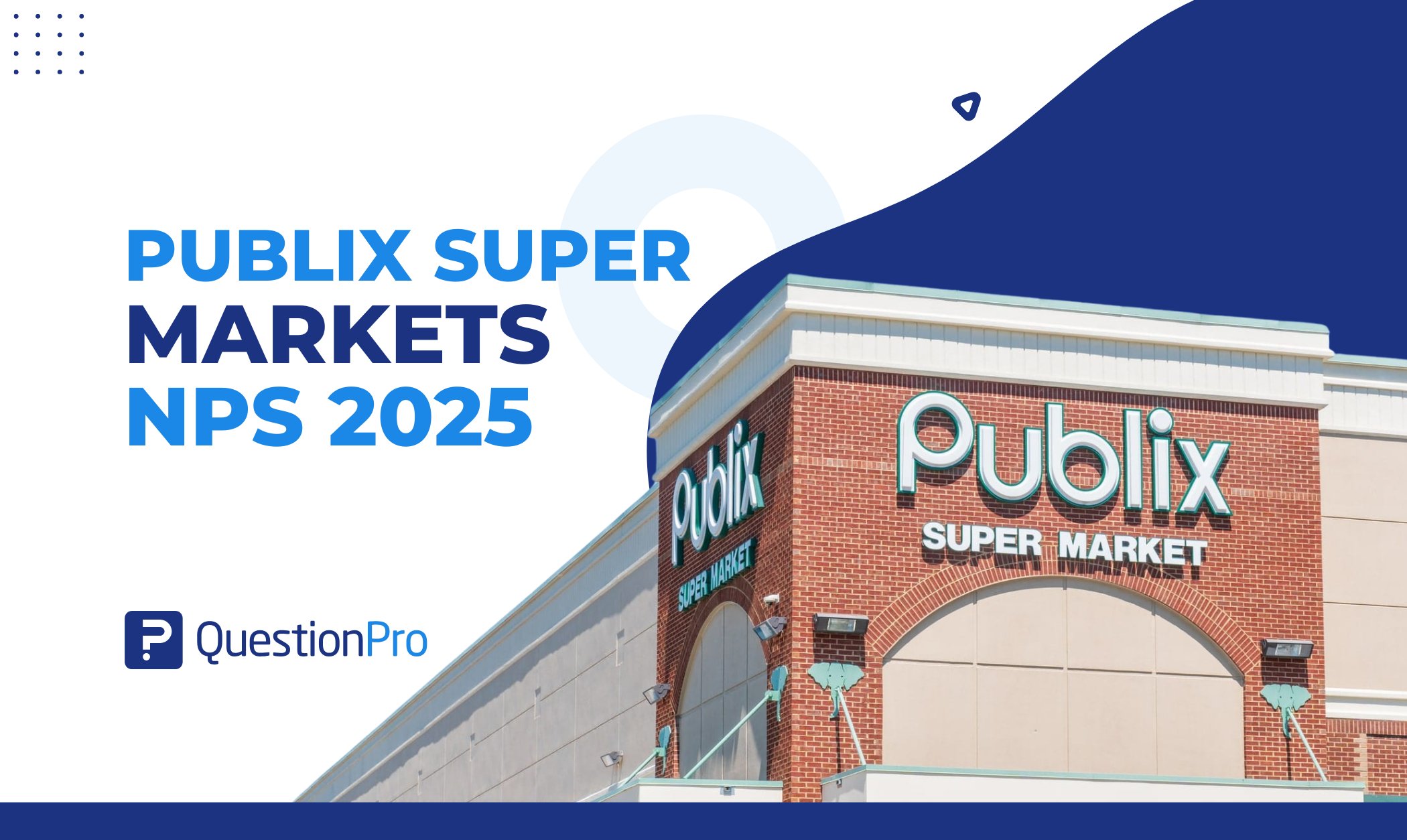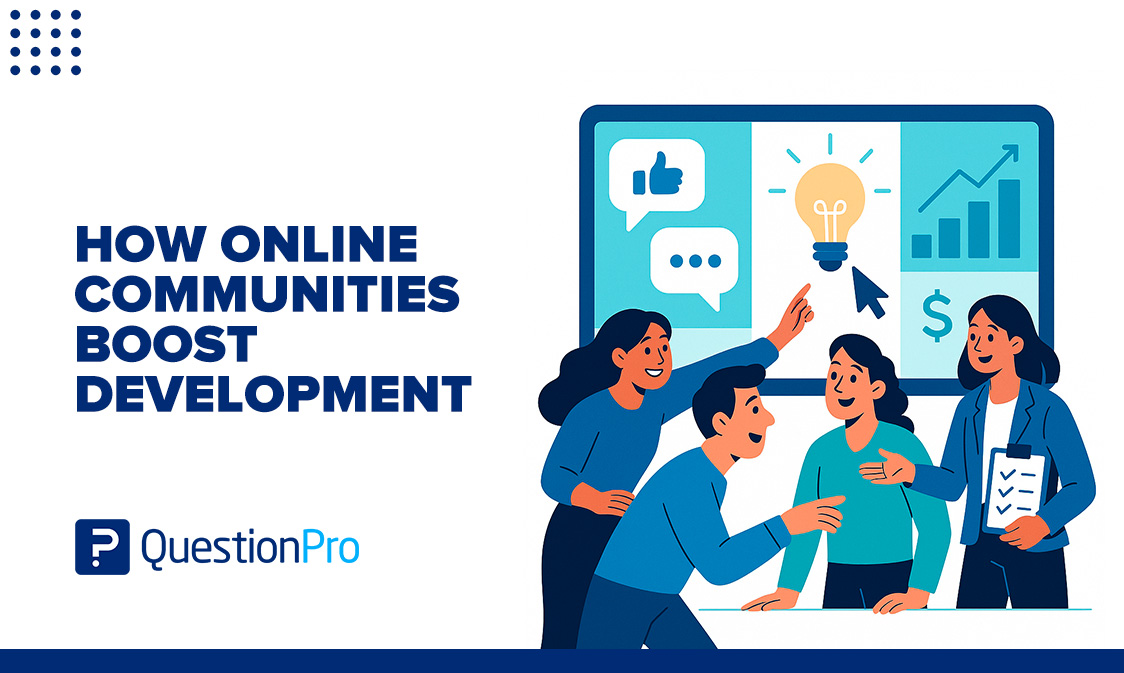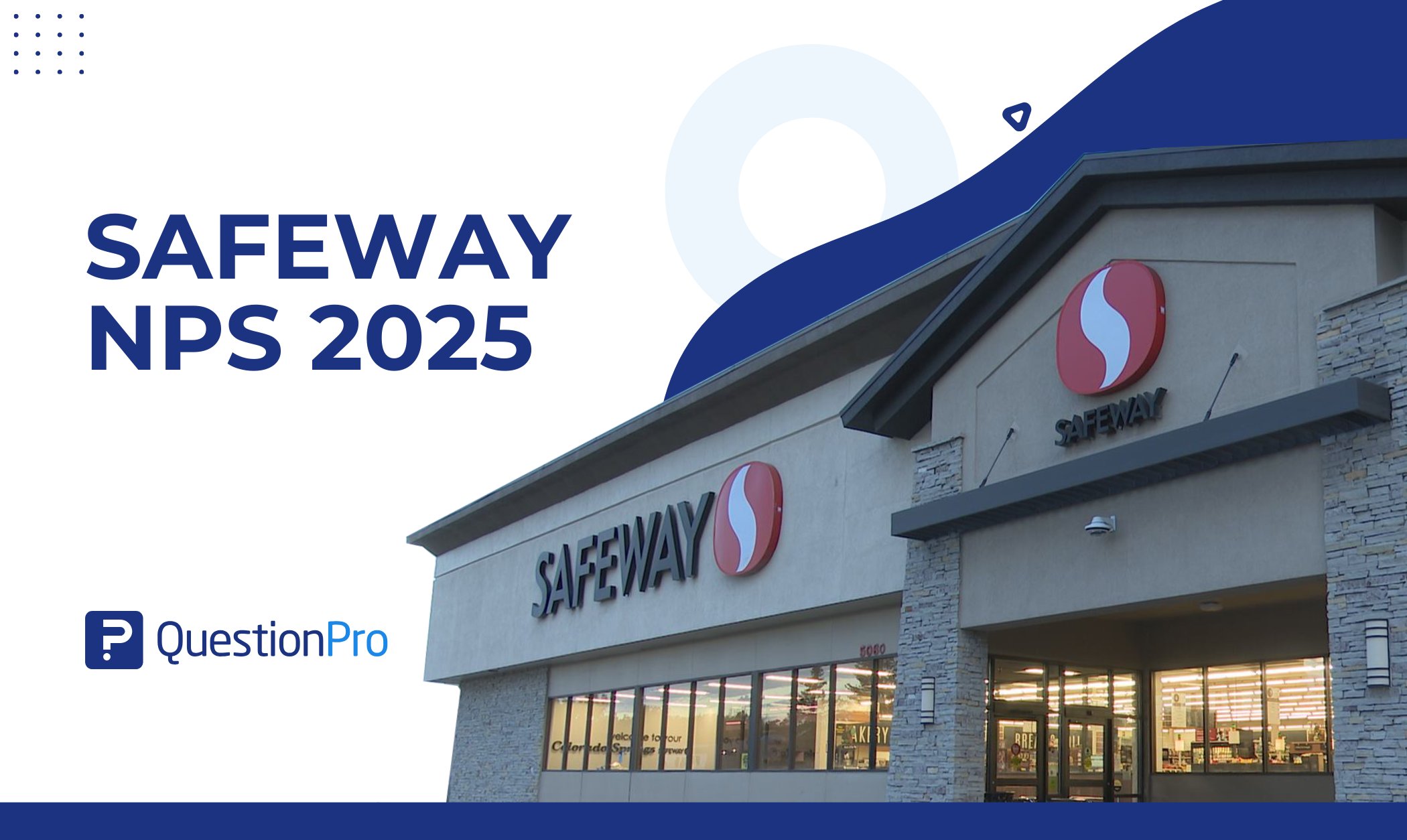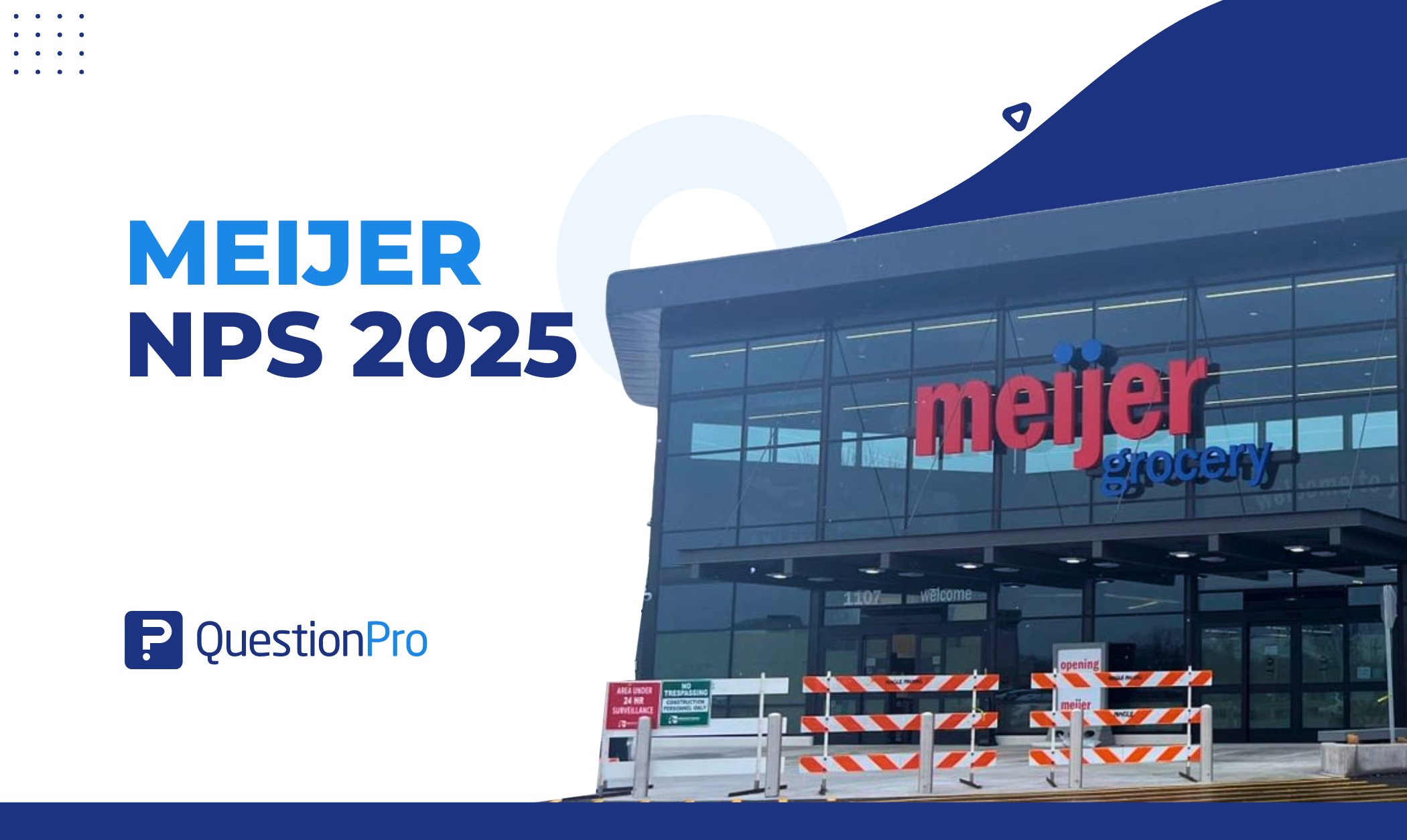
Free Word Cloud Generator
We have created a free tool that allows you to create your own word cloud in just a few clicks. If you’re looking for something more advanced that offers a comprehensive solution from data collection to analysis, then our research tool is perfect for you!
A word cloud generator is a fantastic tool for analyzing the data from survey results. When we have a visual representation of patterns and trends within a set of words, we can gain an understanding of the context and the potential behaviors of participants.
Free Word Cloud Generator
Type the text you want to analyze below. Our word cloud generator will provide a free visual representation of the most frequent words in your text, enabling you to gain a better understanding of the text’s subject. Try it now, it’s free!
What is a Word Cloud Generator?
A word cloud generator is a data visualization tool that displays words from a text dataset, such as survey responses, in a visual format.
An ideal word cloud generator will explore open-ended responses, capturing the frequency of words and presenting them in distinctive sizes based on their occurrence. This visual representation allows researchers to identify the data’s main themes, sentiments, and keywords.
By displaying words in different sizes based on their frequency (the more recurring, the bigger), word clouds can convey the overall sentiment expressed in survey responses, whether positive, negative, or neutral.
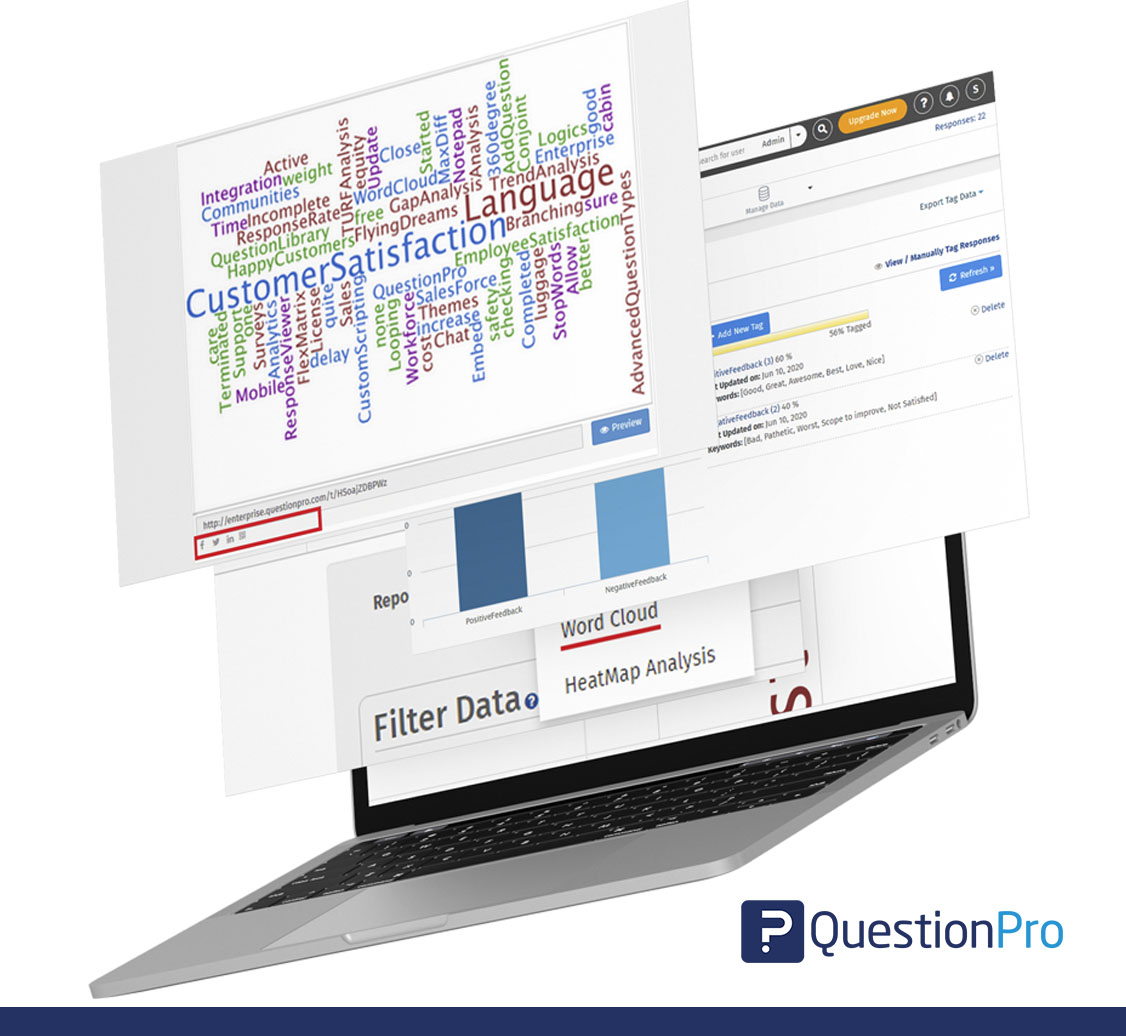
Top 9 Best Word Cloud Generator Uses
Ideally, the first look at a dataset should give us information right away. Besides analyzing customer feedback to identify common themes and sentiments, informing product improvements and service enhancements, let’s explore some of the best uses for a word cloud:
- Employee Engagement Surveys: Explore employee feedback to understand workforce sentiment, identify areas for improvement, and conduct employee engagement initiatives.
- Market Research: Gain insights into consumer preferences, trends, and perceptions by analyzing open-ended responses from market research surveys.
- Brand Perception Analysis: Evaluate brand sentiment and perception by analyzing comments and reviews across touchpoints.
- Event Feedback: Evaluate attendee feedback from events and conferences to calculate satisfaction levels, identify areas of interest, and plan future events.
- Product Development: Gather insights from user feedback to prioritize feature development, address pain points, and enhance the user experience.
- Academic Research: Analyze qualitative data from research surveys to identify recurring themes, theories, and patterns within academic studies.
- Social Media Monitoring: Monitor social media conversations and comments to track brand mentions, sentiment, and emerging trends.
- Website Feedback Analysis: Analyze website feedback to identify usability issues, improve navigation, and enhance user experience.
- Healthcare Surveys: Explore patient feedback software to understand healthcare experiences, identify areas for improvement, and enhance patient satisfaction.
Researchers can use word clouds to conduct content analysis, examining the frequency and context of specific words or phrases within a body of text. Word clouds can also be used to compare different text datasets, helping researchers identify similarities and differences in language use, sentiment, and themes across various sources or time periods.
Word clouds create engaging visuals that can be included in reports, presentations, and publications. They make complex data more accessible and easier to understand for a broader audience. They can be incorporated into storytelling so researchers can highlight key findings and insights in a visually appealing way.
Word Cloud Generator for Survey Analysis
The importance of word cloud generators in survey analysis cannot be overstated. These tools offer many key benefits to consider and some key concerns to have in mind:
Pros:
- Visual Representation: Word clouds provide a visual representation of the summary of data, making it easier for researchers to identify patterns and trends at a glance.
- Effortless Interpretation: They display words in differing sizes based on frequency, offering an intuitive way to identify the most common themes and sentiments within a dataset.
- Quick Insights: Word clouds enable us to quickly acquire insights into survey responses without the need for extensive manual analysis, saving time and effort.
- Engagement: Its dynamic and interactive nature enhances engagement among participants, facilitating better communication and decision-making.
- Versatility: Word cloud generators can be applied to a wide range of survey data, including customer feedback, employee responses, market research, and more.
Cons:
- Limited Context: Word clouds offer a high-level overview of textual data, but they can lack the context provided by a more detailed qualitative analysis.
- Subjectivity: Interpretation of word clouds can be subjective, as researchers may prioritize certain words or overlook others based on bias.
- Dependence on Input: The accuracy of word clouds depends on the quality and relevance of the input data, making it crucial to ensure the integrity of survey responses.
We Recommend Reading: AI Question Generator
QuestionPro’s Word Cloud Generator
Start with QuestionPro’s user-friendly word cloud generator as part of the Survey tools suite. Designed to simplify the analysis process, the word cloud feature allows users to transform open-ended responses into visually compelling insights with just a few clicks. Incorporate word clouds into survey analysis to:
- Quick Insights: Instantly visualize survey responses’ most common themes and sentiments.
- Identify Trends: Spot emerging trends and patterns that may inform strategic decisions and action plans.
- Improve Communication: Share dynamic visualizations with stakeholders to facilitate discussion and collaboration.
- Better Decision-Making: Make data-driven decisions based on a comprehensive understanding of survey feedback.
The word cloud generator, accessible via the QuestionPro platform, allows users to examine the power of textual data and easily access valuable insights. Users can now tailor word clouds to meet their specific analysis needs.
Conclusion
We learned that word cloud generators have the potential to improve survey analysis by offering a visually effective way to explore textual data. These tools provide valuable insights that drive informed decision-making, from uncovering customer sentiment to identifying emerging trends.
In QuestionPro, we’re committed to providing users with cutting-edge tools and outstanding customer service. We are always available to support your survey analysis needs. Reach out to our team today to discover how QuestionPro can elevate your survey analysis efforts and help you unlock the full potential of your data.




